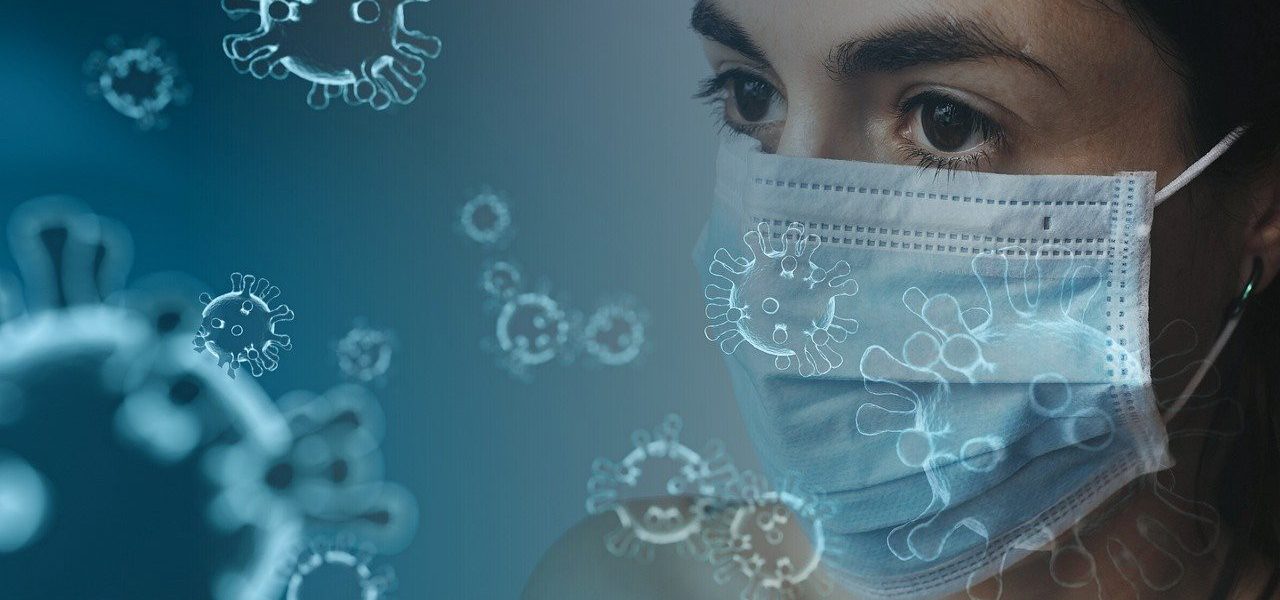COVID-19 FAQ’s – the commonly Asked Questions & Answers about Coronoviru (COVID-19). This Q&A will be updated as more is known about COVID-19, how it spreads and how it is affecting people worldwide. For more regular updates, we recommend checking the WHO website.
What is Corona Virus?
Coronaviruses are a large family of viruses which may cause illness in either or both animals & humans. In humans, several coronaviruses are known to cause respiratory infections ranging from the common cold to more severe diseases such as Middle East Respiratory Syndrome (MERS) and Severe Acute Respiratory Syndrome (SARS). The most recently discovered version of coronavirus is the COVID-19.
What is COVID-19?
According to the World Health Organisation – WHO, COVID-19 disease is commonly known as Coronavirus is an infectious disease caused by a newly discovered coronavirus. This new virus and disease were unknown before the outbreak began in Wuhan, China, in December 2019. COVID-19 is now a pandemic affecting many countries globally.
What are the signs & symptoms of COVID-19?
The most common symptoms of COVID-19 are fever, dry cough, and tiredness. Other symptoms that are less common and may affect some patients include aches and pains, nasal congestion, headache, conjunctivitis, sore throat, diarrhoea, loss of taste or smell or a rash on skin or discolouration of fingers or toes. These symptoms are usually mild and begin gradually. Some people become infected but only have very mild symptoms.
Most people (about 80%) recover from the disease without needing hospital treatment. Around 1 out of every 5 people who get COVID-19 becomes seriously ill and develops difficulty breathing. Older people, and those with underlying medical problems like high blood pressure, heart and lung problems, diabetes, or cancer, are at higher risk of developing a serious illness. However, anyone can catch COVID-19 and become seriously ill. People of all ages who experience fever and/or cough associated with difficulty breathing/shortness of breath, chest pain/pressure, or loss of speech or movement should seek medical attention immediately. If possible, it is recommended to call the health care provider or facility well-in advance, so that the patient can be directed to the right department.
What should I do if I discover I caught COVID-19?
If you have minor symptoms, such as a slight cough or a mild fever, there is generally no need to seek medical care. Stay at home, self-isolate and monitor your symptoms. Follow national guidance on self-isolation.
However, if you live in an area with malaria or dengue fever it is important that you do not ignore symptoms of fever. Seek medical help. When you attend the health facility wear a mask if possible, keep at least 1-metre distance from other people and do not touch surfaces with your hands. If it is a child who is sick help the child stick to this advice.
Seek immediate medical care if you have difficulty breathing or pain/pressure in the chest. If possible, call your health care provider in advance, so he/she can direct you to the right health facility.
Is there a known cure or vaccine for COVID-19?
While some western, traditional or home remedies may provide comfort and alleviate symptoms of mild COVID-19, there are no medicines that have been shown to prevent or cure the disease. We discourage self-medication with any medicines, including antibiotics, as a prevention or cure for COVID-19. However, there are several ongoing clinical trials of both western and traditional medicines Not yet approved. The World Health Organisation – WHO is coordinating efforts to develop vaccines and medicines to prevent and treat COVID-19. We will continue to provide updated information regarding COVID-19 treatment if discovered.
The most effective ways to protect yourself and others against COVID-19 are to:
- Clean your hands frequently and thoroughly
- Avoid touching your eyes, mouth and nose
- Cover your cough with the bend of elbow or tissue. If a tissue is used, discard it immediately and wash your hands.
- Maintain a distance of at least 1 metre from others.
Is there any relation between COVID-19 & animals?
COVID-19 is spread through human-to-human transmission. Not the other way round (human to animals and vice versus)
We already know a lot about other viruses in the coronavirus family and most of these types of viruses have an origin in animals. The COVID-19 virus (also called SARS-CoV-2) is a new virus in humans. The possible animal source of COVID-19 has not yet been confirmed but research is ongoing.
Can Children and Adolescents catch COVID-19?
Research indicates that children and adolescents are just as likely to become infected as any other age group and can spread the disease. Evidence to date suggests that children and young adults are less likely to get the severe disease, but severe cases can still happen in these age groups. Children and adults should follow the same guidance on self-quarantine and self-isolation if there is a risk they have been exposed or are showing symptoms. It is particularly important that children avoid contact with older people and others who are at risk of more severe disease.
How to safely shop for groceries during COVID-19 times.
When shopping for groceries, keep at least 1-metre distance from others and avoid touching your eyes, mouth and nose. If possible, sanitize the handles of shopping trolleys or baskets before shopping. Once home, wash your hands thoroughly and also after handling and storing your purchased products. There is currently no confirmed case of COVID-19 transmitted through food or food packaging – but we need to be cautious.
How to wash your Groceries during COVID -19 times.
Fruits and vegetables are important components of a healthy diet. Wash them the same way you should do under any circumstance: before handling them, wash your hands with soap and water. Then, wash fruits and vegetables thoroughly with clean water, especially if you eat them raw.
Can Antibiotics be used in the treatment of COVID-19?
No. Antibiotics do not work against viruses; they only work on bacterial infections. COVID-19 is caused by a virus, so antibiotics do not work. Antibiotics should not be used as a means of prevention or treatment of COVID-19. In hospitals, physicians will sometimes use antibiotics to prevent or treat secondary bacterial infections which can be a complication of COVID-19 in severely ill patients. They should only be used as directed by a physician to treat a bacterial infection.
Realm Africa safaris™ relies a lot on the World Health Organisation – WHO & the Centre for Disease Control -CDC, for up to date information regarding COVID-19. Our article, therefore, might feature quite a bit of extract from both the WHO and the CDC.


